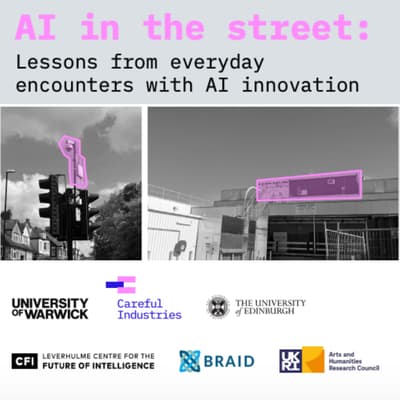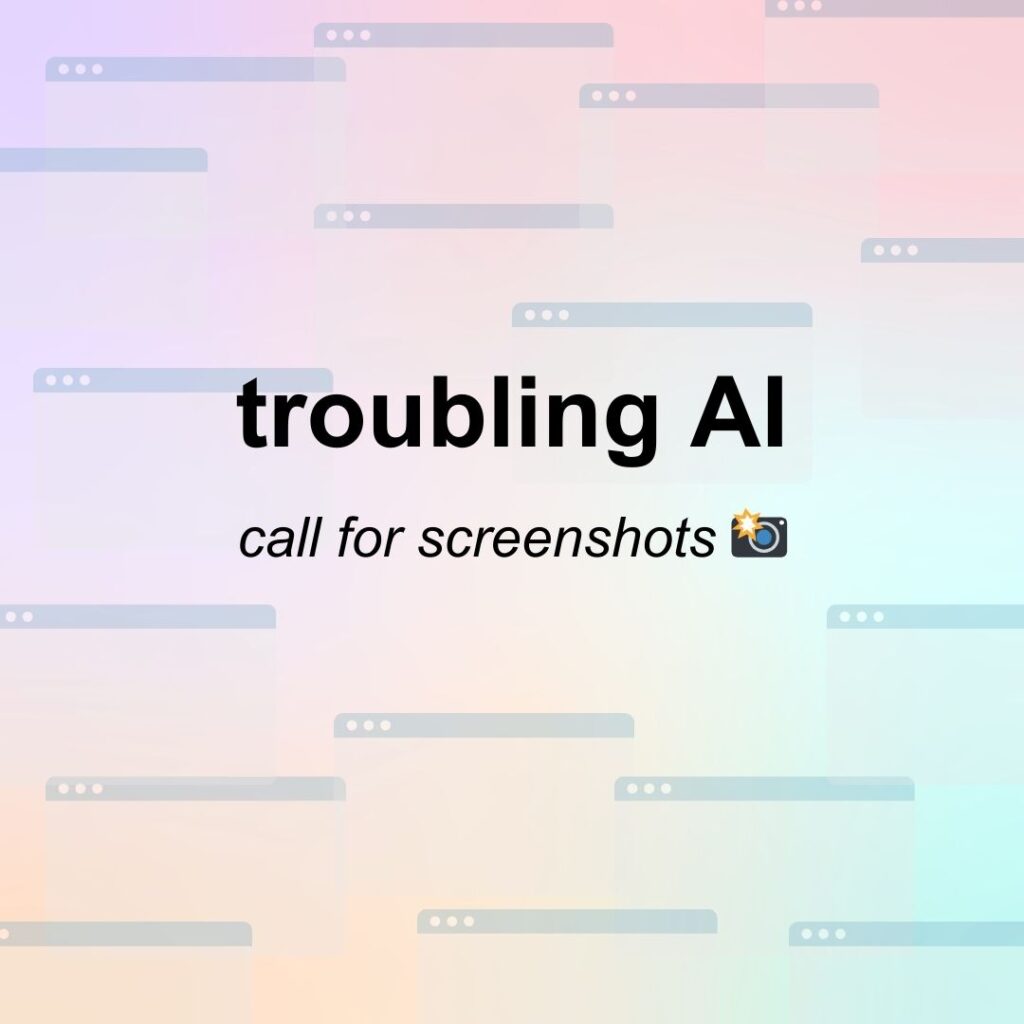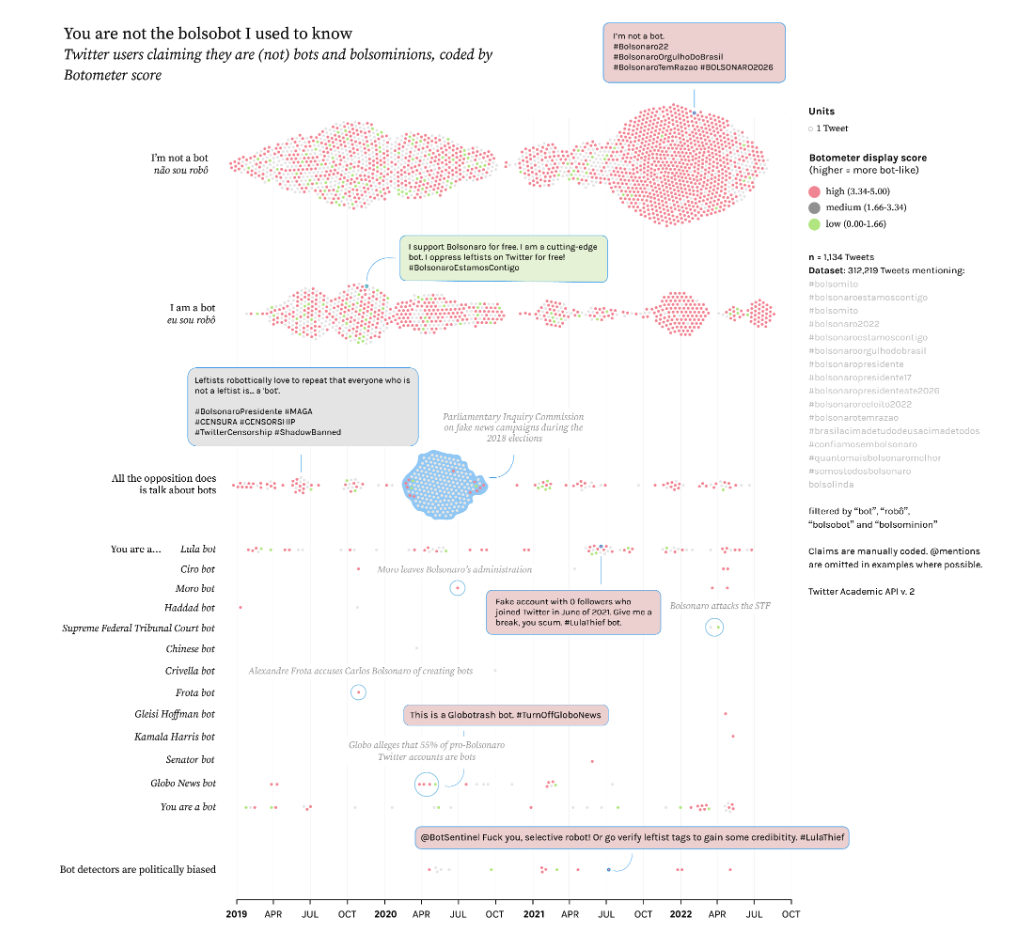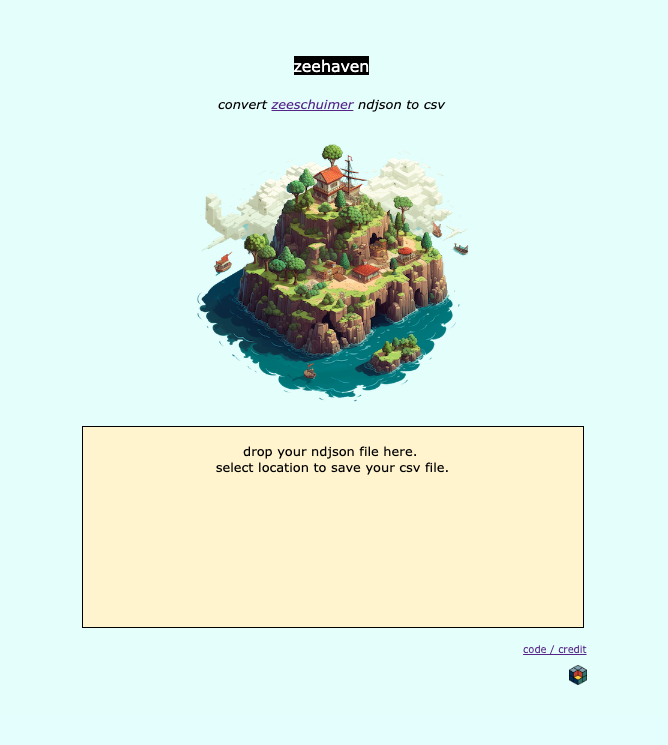For those in London, there will be an event on “AI in the street: Lessons from everyday encounters with AI innovation” at Newspeak House on Tuesday 27th January 2026, 4-7pm.
You can register and find further details here.
What do smart bins, data centres, and delivery drones have in common — and how do everyday publics make sense of them? Join us at Newspeak House to explore AI in the Street.
The AI in the Street project explored how data-intensive and AI technologies show up in people’s physical environments. Drawing on findings from AI Observatories in London, Coventry, Edinburgh, and Logan, our findings show a critical – and growing – gap between government policies and the needs of local urban communities.
From 4pm: Take part in a creative workshop, led by artists Yasmine Boudiaf (University of the Arts London) and Mukul Patel (Ambient Information Systems), and co-create diagrams of AI in the street
5:00pm: Presentation of the project findings and policy recommendations by Professor Noortje Marres (University of Warwick) and Dr Alex Taylor (University of Edinburgh).
5:15pm: Panel discussion with Dominique Barron (Careful Industries), Tim Squirrel (Foxglove), Matt Davies (Ada Lovelace Institute), and tbc (Local Government Association), chaired by Rachel Coldicutt (Careful Industries).
6pm: Networking
Refreshments will be provided
Read more about the AI in the street project: https://www.careful.industries/ai-in-the-street/







